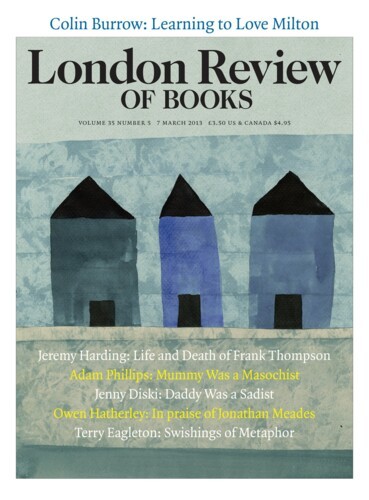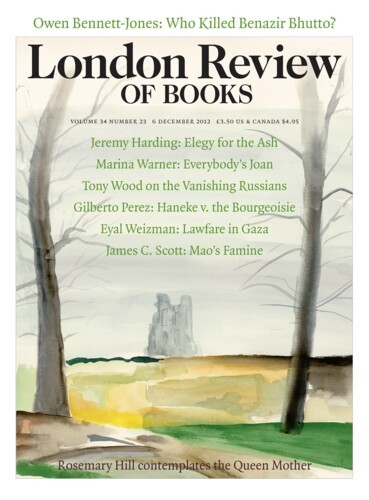From The Blog
2 January 2013
When I was a kid the Beano and the Dandy were like cats and dogs: you liked one or the other and your preference reflected your personality. I was a Beano fan. The difference between Dandy and Beano fans, I imagined, was the same as the difference between the comics’ two lead characters, Desperate Dan and Dennis the Menace. The Beano’s Menace was a mischievous – in retrospect, borderline psychotic – schoolboy with knobbly knees, a soot-coloured mongrel called Gnasher and a catapult, which he’d use against his wispy arch-enemy, Walter the Softie. He was cunning, cool and funny. Dan was an oaf: a portly cowboy with a square jaw and an indefatigable appetite for ‘cow pie’ – whole cows, baked in pies, with the tails dangling over the edge of the crust. He didn’t want to menace, he wanted to help, but kept causing disaster by misjudging his strength. Here’s a typical Dan storyline: a group of boys are trying to sail model boats on a lake, but there’s not enough wind. Dan comes along and blows into the sails, but blows too hard and wrecks the boats. By way of apology, he turns his body into a boat by wrenching the paddle wheel off a steamer, tearing up a streetlamp to use as a mast, and attaching them to his corpulent figure.
2 January 2013




